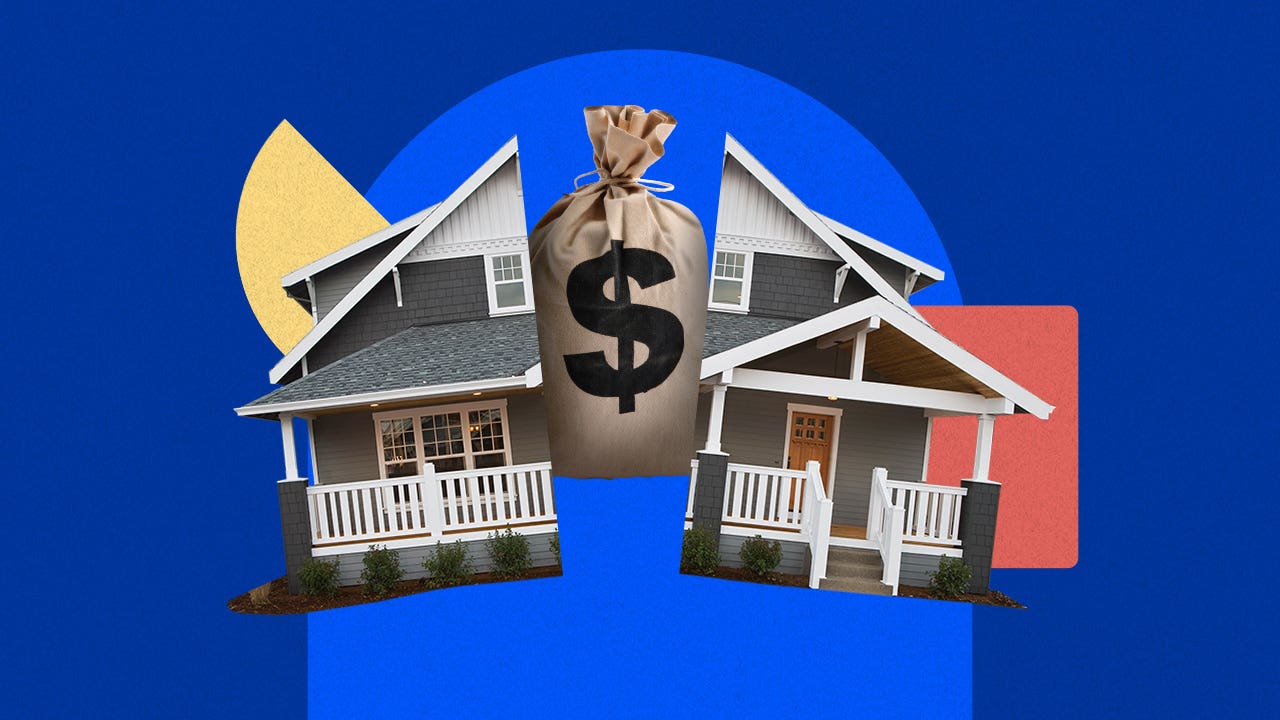Choosing the Right Neighborhood
When it comes to real estate, the phrase "location, location, location" is often repeated for good reason. The neighborhood you choose can significantly impact your lifestyle, property value, and overall satisfaction with your home. As you embark on the journey of finding the perfect place to live, it’s essential to consider various factors that contribute to a neighborhood's desirability. This guide will walk you through the key elements to evaluate when choosing the right neighborhood for you and your family.
Before diving into the search for a neighborhood, take some time to reflect on your lifestyle and needs. Are you a young professional looking for an urban vibe with easy access to nightlife and restaurants? Or perhaps you're a family seeking a quiet suburb with excellent schools and parks? Identifying what matters most to you will help narrow down your options.
The term "location" encompasses several aspects that can greatly influence your living experience:
1. Proximity to Work: Consider how far you’re willing to commute each day. A longer commute might save money on housing but can also lead to stress and less time for family or leisure activities.
2. Access to Amenities: Look for neighborhoods that offer convenient access to grocery stores, healthcare facilities, recreational areas, and public transportation. The availability of these amenities can enhance your quality of life.
3. Safety: Research crime rates in potential neighborhoods. Websites like NeighborhoodScout or local police department resources can provide valuable insights into safety statistics.
4. School Districts: If you have children or plan on having them in the future, the quality of local schools is crucial. Good school districts not only provide better education but also boost property values in the area.
5. Future Development: Investigate any upcoming developments or zoning changes in the area. A neighborhood experiencing growth may increase in value over time, while stagnant areas may not offer the same potential return on investment.
The atmosphere of a neighborhood can greatly influence your happiness. Spend some time exploring potential areas at different times of the day and week:
1. Demographics: Observe who lives in the area—families, young professionals, retirees—and determine if their lifestyle aligns with yours.
2. Community Activities: Check if there are community events or social gatherings that interest you. A vibrant community can offer support and foster friendships.
3. Walkability: Many people prefer neighborhoods where they can walk to shops, parks, and restaurants. Walkable neighborhoods promote an active lifestyle and create opportunities for social interactions.
4. Noise Levels: Visit during peak hours to gauge noise levels from traffic or nightlife activities. A lively atmosphere may be appealing during weekends but could become bothersome during weekdays if you work from home or have young children.
Understanding real estate trends in your desired neighborhoods is vital for making an informed decision:
1. Market Conditions: Familiarize yourself with current market conditions. Are homes selling quickly? Are prices rising? A competitive market may require quicker decision-making but could also mean higher costs.
2. Property Types: Determine what types of properties are available—single-family homes, condos, townhouses—and see which aligns best with your budget and lifestyle needs.
3. Resale Value: Think long-term about resale value when choosing a neighborhood. Areas with strong school districts and low crime rates tend to hold their value better over time.
Nothing beats firsthand experience when evaluating a neighborhood:
1. Open Houses: Attend open houses not just for homes but also to gather information about the community from current residents or agents familiar with the area.
2. Talk to Neighbors: Engage with locals during your visits; they can provide invaluable insights about living in the area—both positive and negative aspects that might not be apparent at first glance.
3. Explore Local Culture: Visit local cafes, parks, and shops to get a feel for the culture of the neighborhood; this is where you'll likely spend much of your time once settled in.
Choosing the right neighborhood requires careful consideration of multiple factors that align with your personal needs and lifestyle preferences. By focusing on specific location factors—such as proximity to work and amenities—as well as community vibe and real estate trends, you’ll be better equipped to make an informed decision that suits both your immediate requirements and long-term goals.
Remember that this choice is about more than just finding a house; it's about discovering a place where you'll thrive—a community that feels like home for years to come!
Recent Posts
GET MORE INFORMATION

Broker | License ID: 02213637

)
